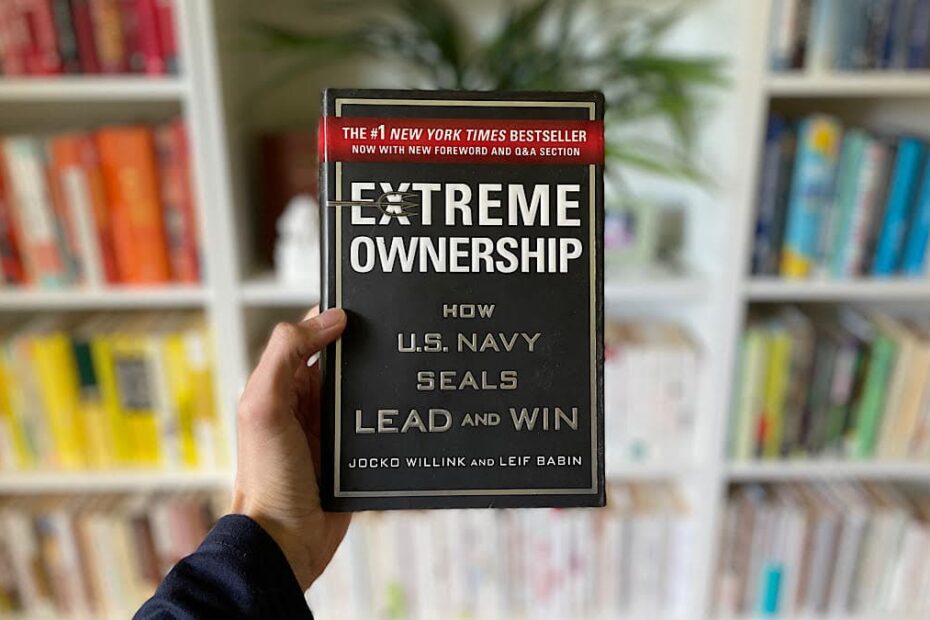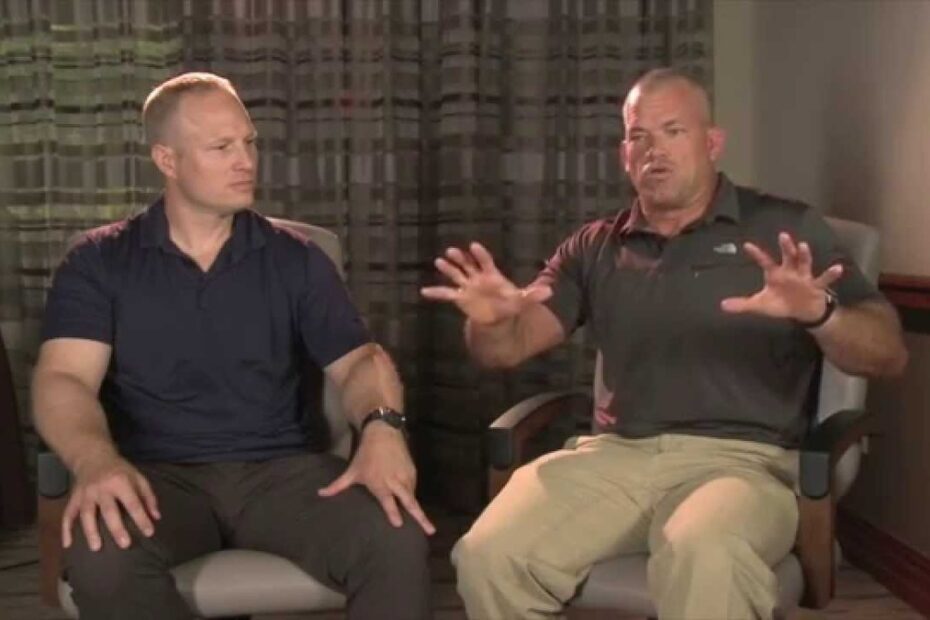Jocko Willink Quote on How Your Greatest Strength Can Also Be Your Greatest Weakness
“As with many of the dichotomies of leadership, a person’s biggest strength can be his greatest weakness when he doesn’t know how to balance it. A leader’s best quality might be her aggressiveness, but if she goes too far she becomes reckless. A leader’s best quality might be his confidence, but when he becomes overconfident he doesn’t listen to others.”
Jocko Willink, Extreme Ownership (Page 281)
Beyond the Quote (165/365)
One of my greatest strengths, I believe, is my ability to empathetically connect to and listen to others. When somebody talks to me about how upset they are that their dog died, I feel the upset. When people call me to express their frustrations towards other people, I feel their frustrations. When the people around me get angry, I can feel their anger in me. Basically, I feel like I have an uncanny ability to put myself in other people’s shoes and feel what they’re feeling even if I’ve never been in their exact situation myself. This is something that I have noticed after many years of introspection and while it can certainly be a strength, it also comes with its fair share of drawbacks and challenges that can turn it into a weakness if left unchecked.
Read More »Jocko Willink Quote on How Your Greatest Strength Can Also Be Your Greatest Weakness

